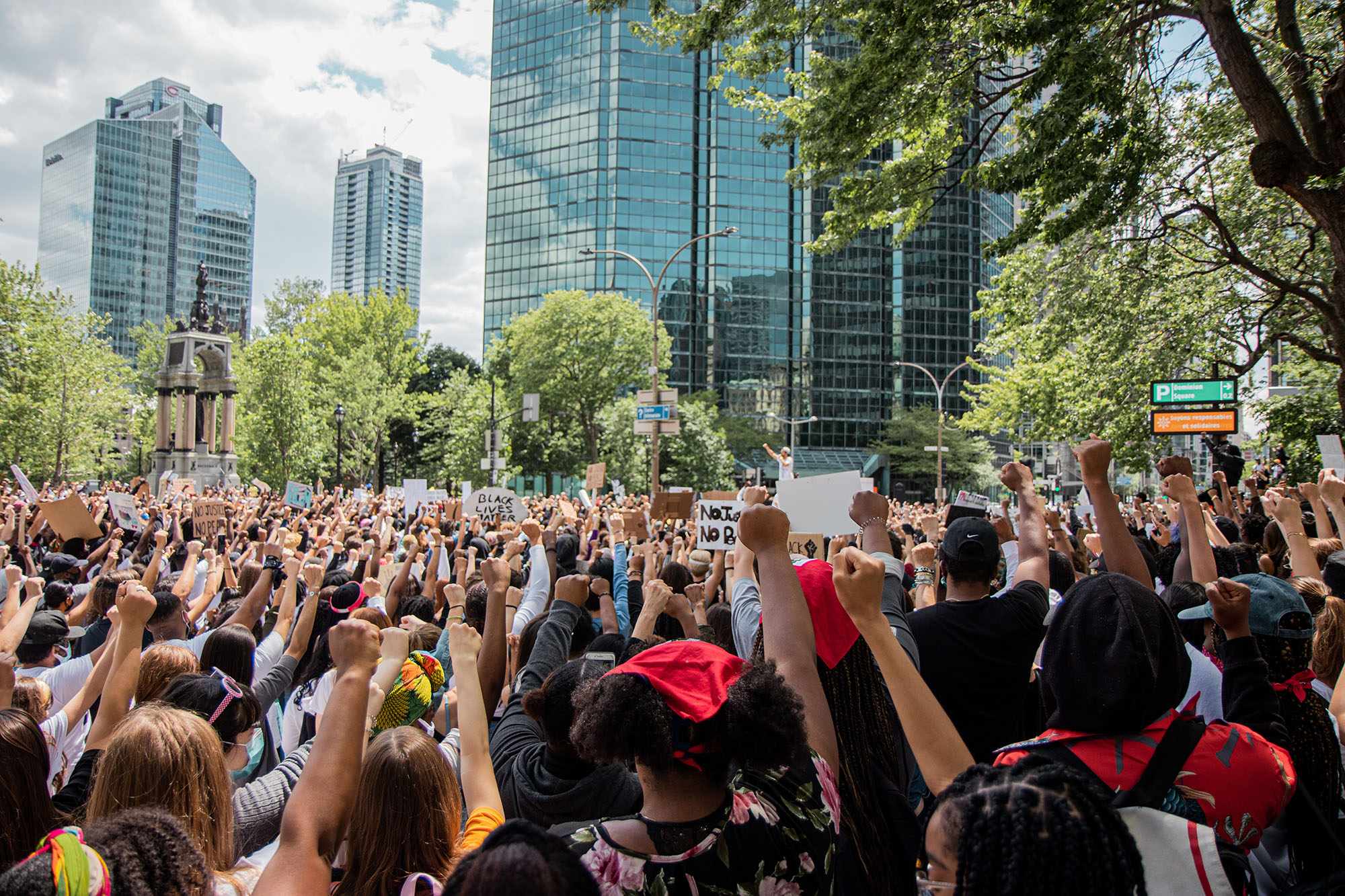
The world today can sometimes seem overwhelmingly divided and unequal; those ‘at the top’ seem to ‘have it all’, while vast numbers of individuals and groups remain excluded, marginalized, or even oppressed. Why are some people so powerful, or able to exercise their rights so freely, while others are not? How can we, as students of politics, make sense of this? The concentration in Power and Political Ideas is designed to enable students to understand the way that political ideas – such as justice, equality, democracy, civic virtue, rights, oppression, and freedom – shape and are shaped by the real world where politics takes place, from legislatures, courts, and social movements to everyday political spaces such as households, schools and even universities. In so doing, students will gain insight into key political issues, such as racial injustice, colonialism, gender inequality Indigenous-settler relations and wealth inequality.
The courses available to students in this concentration include those focusing on intellectual history, gender, race, human rights, ideology, popular culture and more. Some courses within the concentration will include close reading of historical or contemporary theoretical texts, while others will focus on the empirical study of institutions and modes of governance. Emphasis is placed on understanding how political ideas shape and are shaped by the wider socio-political realm, and how this realm is constituted through multiple and intersecting relations of power.
The concentration will afford students the latitude to develop this understanding through a broader study of political thought and theory, or through a closer focus on questions of identity and diversity.
This concentration provides a valuable foundation for students seeking a deeper understanding of the nature of power in political life, and its effects on social justice; the skills gained will transfer well to graduate studies in politics, or to careers in political organizations of all kinds.
Concentration Core Courses
PSCI 2301 & 2302 – History of Political Thought
PSCI 2500 – Gender and Politics
Concentration Electives
Choose from a wide array of specialized topics and courses at the 3000- and 4000-levels, such as:
PSCI 3108 – Politics of Popular Culture
PSCI 3109 – Politics of Law and Morality
PSCI 3307 – Politics of Human Rights
PSCI 3311 – History of Muslim Political Thought
PSCI 3802 – Globalization and Human Rights
PSCI 3805 – Politics of Race
PSCI 4318 – Concepts of Political Community
PSCI 4500 – Gender and Globalization
PSCI 4807 – Politics of Citizenship and Migration
Please refer to the undergraduate calendar for full list of courses.